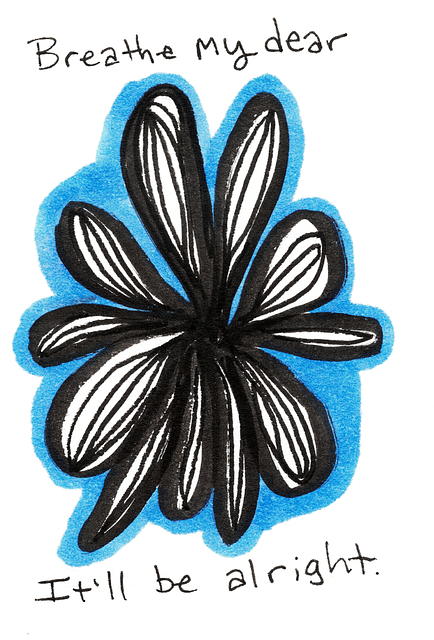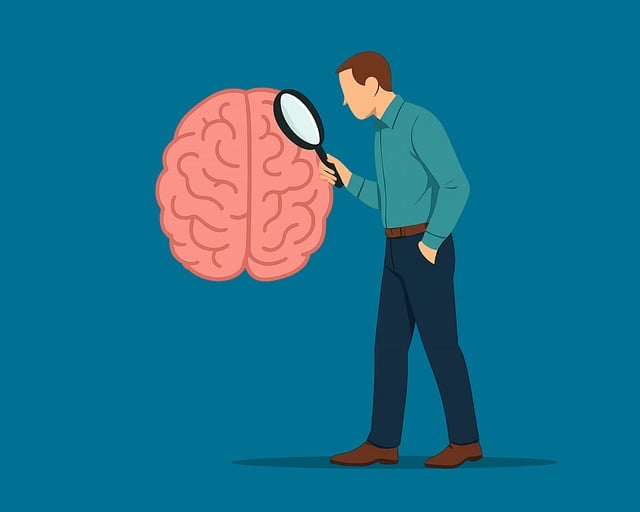The stigma surrounding mental illness deeply affects elderly individuals, exacerbating health issues and hindering access to services. Historical trauma, such as childhood abuse or institutionalization, contributes to internalized shame, silencing concerns and causing untold suffering from conditions like anxiety and depression. Effective therapy for elders must focus on coping skills, self-esteem building, and risk assessment. Child abuse significantly impacts later-life mental health, making tailored therapy services crucial for healing. Reducing stigma requires a multifaceted approach including specialized programs, community outreach, and mental wellness podcasts to normalize conversations around mental illness, especially addressing the unique needs of elderly individuals experiencing child abuse.
Mental illness stigma remains a significant barrier to treatment, especially among elderly individuals. This article delves into the multifaceted issue, exploring its deep impact on mental health within this demographic. We also examine the complex relationship between child abuse and mental illness, highlighting long-term effects that can persist into adulthood. Additionally, effective strategies to reduce stigma and foster supportive communities are discussed, emphasizing the importance of therapy for elders affected by these issues.
- Understanding Stigma and Its Impact on Mental Health for Elderly Individuals
- Child Abuse and Mental Illness: A Complex Relationship and its Long-Term Effects
- Effective Strategies to Reduce Stigma and Promote Supportive Communities
Understanding Stigma and Its Impact on Mental Health for Elderly Individuals

Stigma surrounding mental illness can have a profound impact on elderly individuals, often exacerbating existing health issues and hindering access to essential services. For an age group that has faced significant life challenges, including isolation and potential trauma from historical periods, understanding and combating stigma is crucial for their overall well-being. Elderly folks may carry the weight of past experiences, such as childhood abuse or institutionalization, which can lead to internalized shame and fear of judgment when seeking help.
This internalized stigma significantly affects their willingness to discuss mental health concerns openly, even with healthcare providers. As a result, many elderly individuals suffer in silence, struggling with anxiety, depression, or other conditions without the support they need. Therapy for elders should address these unique challenges, focusing on coping skills development and self-esteem improvement while also integrating risk assessment for mental health professionals to ensure safe and effective interventions.
Child Abuse and Mental Illness: A Complex Relationship and its Long-Term Effects

Child abuse and mental illness often exist in a complex relationship, with one exacerbating the other. Historical or current experiences of abuse—be it physical, emotional, or sexual—can significantly impact an individual’s mental health later in life. This is particularly concerning when considering the long-term effects on vulnerable populations, such as elders.
For many survivors, therapy becomes a crucial tool for healing. Elderly individuals who have experienced child abuse may benefit from specialized therapy services that cater to their unique needs and challenges. Mental wellness journaling exercises and self-awareness activities can help them process these traumatic memories and develop coping strategies. Moreover, healthcare provider cultural competency training is essential in ensuring that professionals are equipped to offer empathetic guidance, fostering a safe space for elders to disclose abuse and access the necessary support, including referral to specialized mental health services.
Effective Strategies to Reduce Stigma and Promote Supportive Communities

Reducing stigma associated with mental illness is a multifaceted approach that involves various strategies to foster understanding and empathy within communities. One effective method is integrating therapy into everyday life, such as offering specialized programs tailored for seniors experiencing depression or trauma stemming from child abuse. These therapeutic interventions not only alleviate symptoms but also educate individuals about mental wellness, challenging societal norms and breaking down barriers.
Additionally, Community Outreach Program Implementation plays a pivotal role in reaching diverse populations and providing much-needed support. Equally powerful is the utilization of modern media through Mental Wellness Podcast Series Production, which can engage audiences with informative discussions on mental health topics, Depression Prevention strategies, and personal recovery stories, further normalizing conversations around mental illness.
Mental illness stigma, deeply rooted in societal perceptions, significantly impacts elderly individuals and their access to necessary support. As highlighted in this article, understanding the complex relationship between child abuse and mental health, as well as implementing effective strategies like education, advocacy, and supportive community initiatives, are crucial steps towards reducing stigma. By fostering empathy and breaking down barriers, we can ensure that all individuals, regardless of age, receive the therapy and care they deserve, creating a more inclusive and supportive society for everyone, especially our elderly.














